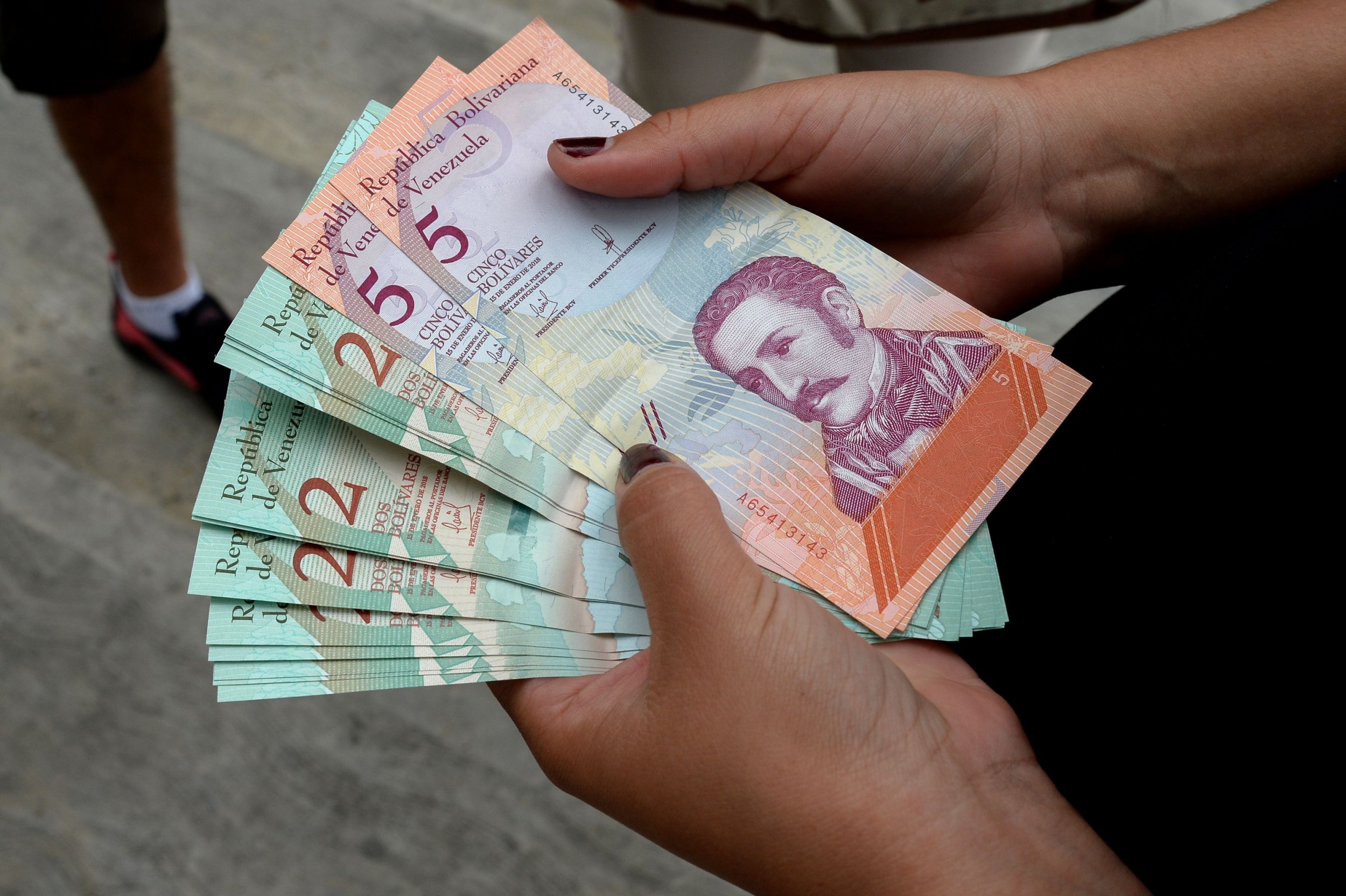RIO DE JANEIRO, BRAZIL – “Hyperinflation is officially over,” says Humberto Reco at a popular Caracas market. He doesn’t expect prices to stop rising as uncontrollably as they have in the last four years.
This 75-year-old pensioner resents in his thin body that Venezuela continues to be the country with the highest inflation in the world.
In 2021, the index closed at 686.4%, according to the Central Bank (BCV): less than 50% per month, thus, according to the traditional concept, closing a hyperinflationary cycle that began in 2017.
Read also: Currency reconversion in Venezuela: One bolivar of tomorrow, 100 billion of yesterday
But Reco believes more in prices than in indicators. “In general lines, I improvements I don’t see,” he reaffirms in the aisles of the municipal market of Chacao.

Venezuela closed in 2017 with an inflation of 862%, which shot up a year later to 130,000%. In 2019 it was 9,585%, and in 2020 almost 3,000%.
According to the traditional concept of the American Philip Cagan, from 1956, Venezuela exits hyperinflation because it registered for 12 months a monthly figure below 50%.
However, according to the vision of U.S. economists Carmen Reinhart and Kenneth Rogoff, from 2011, there is still “a little bit” missing, since their parameter is an annualized rate below 500%, explains to AFP the economist and professor of the Metropolitan University Hermes Perez.
“It is still the highest figure in the world,” insists the expert. “If we take the inflation of 2021, if we compare it with Latin America”, with figures that do not exceed two digits, “it is still by far… the highest”.
The de facto dollarization that displaced the devalued local bolivar, a product of the hyperinflation itself, contributed to the fall of the indicator. Also, the fiscal deficit reduction and the exchange rate stability after the relaxation in 2018 of the tight controls, economists agree that deeper reforms are needed to see more progress.
Pérez, who was head of the BCV’s foreign exchange desk, points out that the entity must stop issuing money to finance state-owned Petróleos de Venezuela (PDVSA), which has been under precarious conditions for years.
Analysts estimate that Venezuela may close 2022 with an inflation of between 120% and 300%.
INFLATION IN DOLLARS
The slowdown is not palpable for the ordinary citizen. Reco even complains that “not even” what little he has in currency is enough. He speaks of “inflation in dollars”.
The economist and director of the consulting firm Ecoanalítica, Asdrúbal Oliveros, estimates that Venezuela is registering price increases in dollars higher than international standards.
The firm assures that costs in foreign currency rose 40% in 2021, with respect to 2020.
“People say that every day things are getting tighter, I say: ‘no, every minute, [it’s] rough… with a capital R,” assures Manuel Quijada, a 67-year-old vegetable seller, who claims he raises his prices weekly.
Some in the Chacao market say they raise them every day; others, depending on the season. The increase varies from stall to stall.
Despite everything, Marina Dusei (62) feels that she can better organize her budget, especially with the stability that the dollar’s value has maintained, between 4.5 and 5 bolivars, in the last six months.
Previously it could skyrocket in a matter of hours.
“We no longer go out to buy what we like, but what we need”, says this woman, who assures that her income is insufficient for the purchase.
In any case, she sees the situation a little better than three years ago, when amid hyperinflation, shortages were rampant. “I think we can continue to improve,” she says optimistically.
With information from AFP

